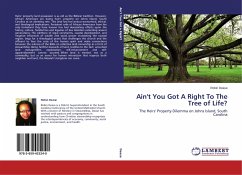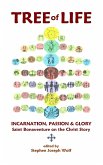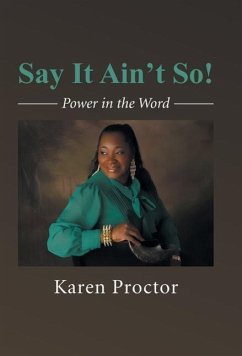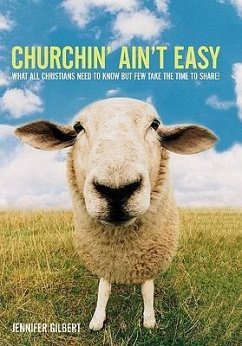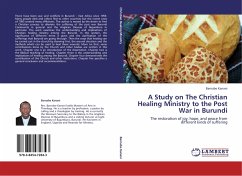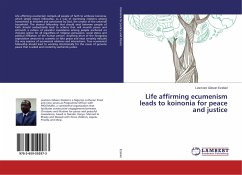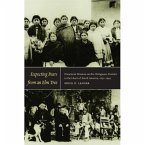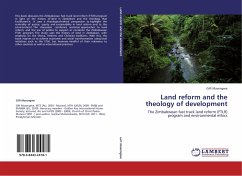Heirs property land possession is as old as the Biblical tradition. However, African Americans are losing heirs property on Johns Island, South Carolina at an alarming rate. This land loss has serious economical, ethical, and theological implications. Persistent exile of African Americans from the only homeland they have known has had devastating effects upon the history, culture, familial ties and legacies of Sea Islanders extending several generations. The plethora of legal constraints, coastal development, and negative influences of wealth and social power inundating the coastal region, begs for a theological praxis that challenges the church and the affluent to face the crisis of the human spirit and make connections between the witness of the Bible on collective land ownership as a form of stewardship. Being faithful stewards of land, testifies to the fact; uncurbed land management, exploitation, self-enhancement and self-aggrandizement cannot succeed. When land is treated, not as a commodity, but as an arena for human interaction that respects both neighbor and land, the Messiah s kingdom can come.
Bitte wählen Sie Ihr Anliegen aus.
Rechnungen
Retourenschein anfordern
Bestellstatus
Storno

